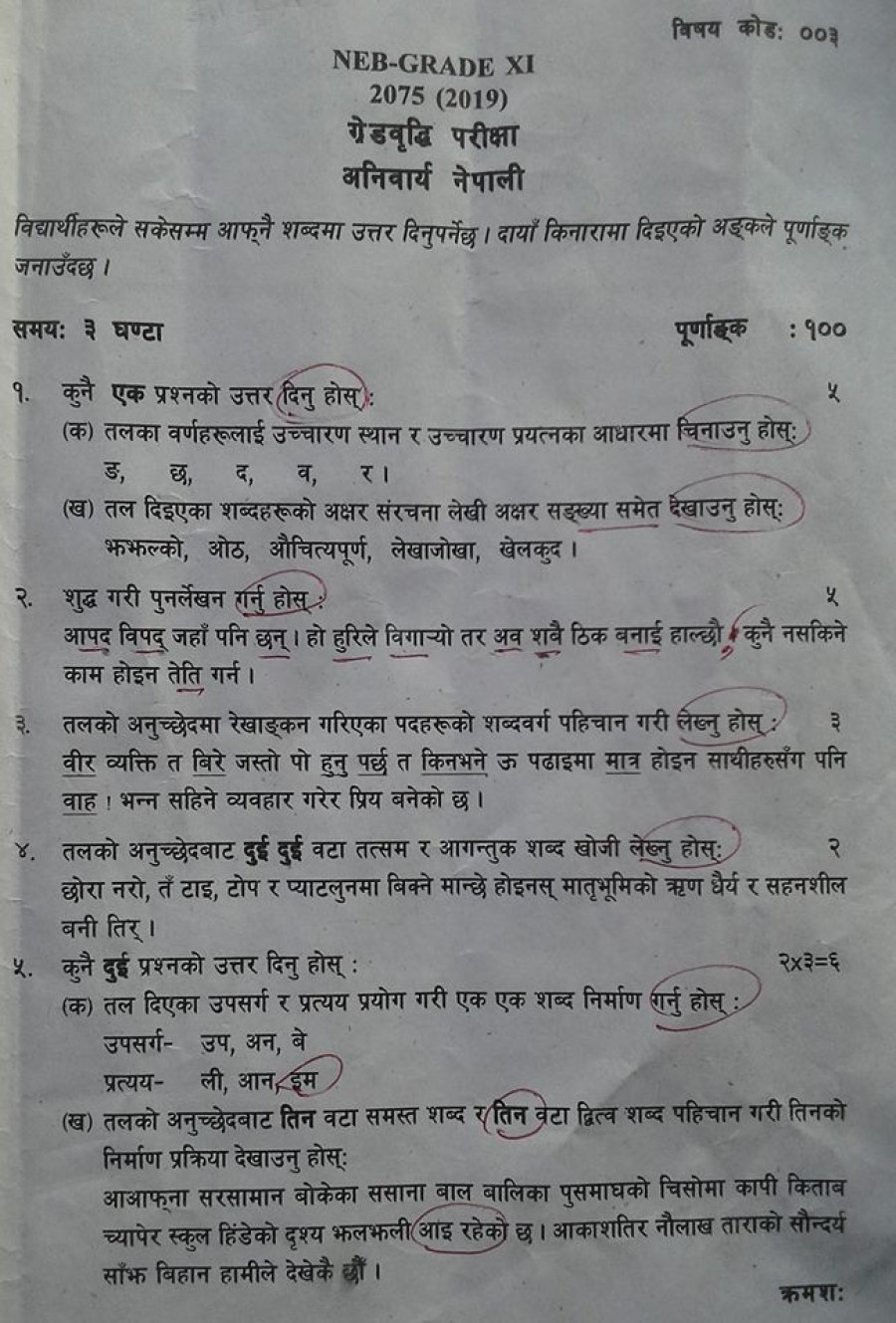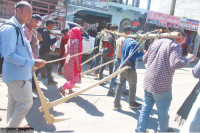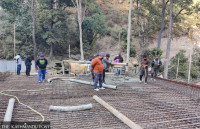National
Exam paper in question for using repealed Nepali grammar rules
The question papers for a recently held nation-wide grade 11 Nepali examination have been found to be riddled with grammatical errors, favouring a grammar rule repealed in 2016 by the Nepal Academy.
Bibhu Luitel
The question papers for a recently held nation-wide grade 11 Nepali examination have been found to be riddled with grammatical errors, favouring a grammar rule repealed in 2016 by the Nepal Academy.
The Nepali Grade Increment Examinations for grade 11, held on January 6, follows grammar rules that had already been dismissed by the Nepal Academy after constant efforts by the International Network of Standard Nepali Language Campaign (INSNLC), a coalition of Nepali language experts and professors from leading universities.
Nepali grammar follows specific rules for the conjunction and disjunction of verbs, which has been a matter of conflict between language experts and academicians for over a decade now. Traditional norms demand conjunction while academicians have argued for the disjunction of certain verbs.
Following a sustained campaign by the INSNLC, the Nepal Academy had agreed, in 2016, to prescribe verb conjunction, which was then duly enshrined in the Nepali Brihat Shabdakosh, the standard Nepali dictionary. The Nepal Academy is a national institution tasked with promoting language, literature, arts and culture.
The Ministry of Education, the Nepali Subject Committee and the National Language Subject Committee had all agreed to follow the Academy’s lead. However, the National Examination Board (NEB), which falls under the Ministry of Education and is tasked with preparing the exam questions, seems to be subscribing to a different set of rules.
Mati Prasad Dhakal, a PhD scholar at Nepal Sanskrit University, posted the question papers on Facebook, outlining where mistakes had been made. In his post, Dhakal pointed out that students who follow the Nepal Academy’s rules would face the risk of getting points docked. For instance, the question paper used some verbs like dinu hos and garnu hos separately, which should have been dinuhos (give) and garnuhos (do) respectively.
However, the NEB admits no mistake. “I have not come across any such comments,” said Chandra Mani Poudel, chairperson of the NEB. “We are not responsible for what people think about the question paper.”
While the INSNLC has demanded that students who fail the exam due to the discrepancy in grammar be allowed to take another exam, Poudel said students won’t receive a second chance. “Evaluation of answer sheets will be based on what rule the examiners abide by,” he said. “We have not set any specific rules, it is solely up to them.”
Devi Prasad Gautam, head of the Department of Nepali at Tribhuvan University and chairperson of the Nepali Subject Committee, said he believed that those in favour of a change to the rules had deliberately prepared these question papers. “The examination board has not taken the future of students seriously,” he said.
Students who secure a C, D+, D and E grades in any subject on regular examinations are eligible to sit for the Grade Increment Examination in two preferred subjects, according to the NEB rules. A total of 176,049 students sat the exam on Sunday.




 9.25°C Kathmandu
9.25°C Kathmandu














